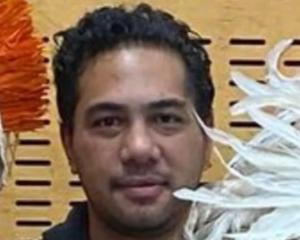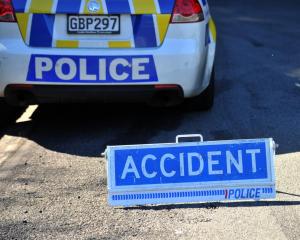The Law Commission wants an inquiry into the way rape trials are held.
In a report released today it says it is worried about the process after hearing evidence that complainants are effectively put on trial themselves.
The Commission has not suggested alternatives or changes to the adversarial trial system but it suggests the inter-agency Taskforce on Sexual Violence should hold a stand-alone inquiry.
The taskforce was set up by the Government in March last year. It is chaired by the Justice Ministry's chief executive Belinda Clark and its members include the heads of nine government agencies.
"The Commission...has arrived at the view that all is not well with the traditional trial process in New Zealand in relation to sexual offending," Commission president Sir Geoffrey Palmer says in the report.
"We harbour lingering worries."
He said the Commission listened carefully to the experiences of Louise Nicholas and others, and found some of their arguments about defects in the trial process persuasive.
It also considered a submission from retired Court of Appeal Judge Ted Thomas.
"He told us that the nature and impact of the trial in sexual cases on complainants is a brutalising and distressing experience in which the complainant is effectively put on trial," Sir Geoffrey said.
"While we do not adhere to the view urged by some submitters that justice on all sides can be achieved by changing the law of evidence and admitting previous convictions generally in sex cases, we do consider that some further and wider examination of the processes of trial in sexual offending should be undertaken."
Sir Geoffrey said the Commission also heard evidence that the very low rate of reporting of sexual offences was because of the ordeal which victims were subjected to.
The Commission was investigating the wider issue of whether previous convictions should be revealed to juries in criminal cases when it came across problems with the trials.
It said the Government asked it in 2006 to undertake the review because of "public disquiet expressed in some quarters at the non-disclosure to the jury of previous convictions of two former police officers who were tried and acquitted of sexual offending."
It has delayed reporting on its main brief because the Evidence Act which came into force in August last year changed the laws on the admissability of previous convictions.
"We concluded therefore it would be premature to reach a conclusion that the current rules need to be changed again since the rules have recently been changed," Sir Geoffrey said.
"We cannot be sure how the new law will work out in practice...the Commission will report back to the Government by February 28 2010."












